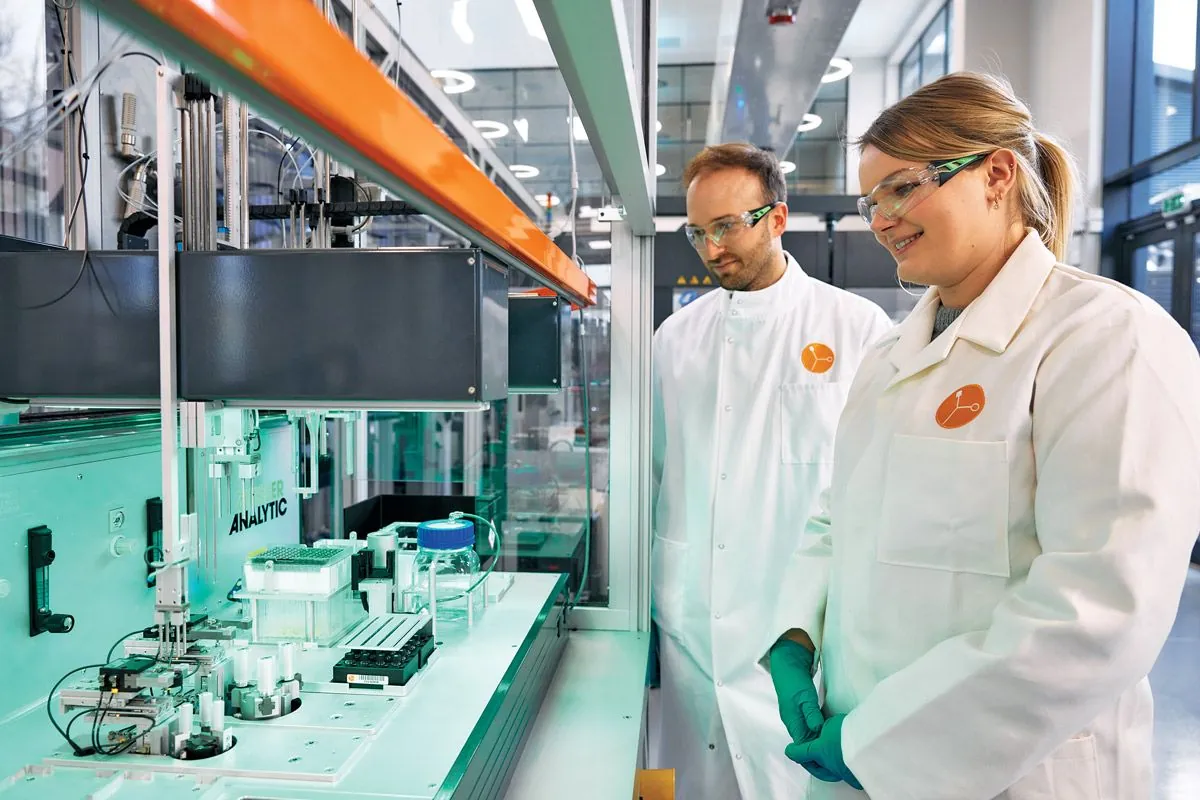OpenAI's Pivot: Balancing Profit and Ethics in AI Development
OpenAI, creator of ChatGPT, considers restructuring as a for-profit entity. This move raises questions about balancing technological advancement with ethical concerns in AI development.

OpenAI, the company behind the revolutionary ChatGPT, is reportedly considering a significant structural change that could reshape its future and the landscape of artificial intelligence development. This potential shift from a nonprofit to a for-profit model raises important questions about the balance between technological progress and ethical considerations in AI.
Founded in 2015 as a nonprofit organization, OpenAI has long grappled with the challenge of funding its ambitious AI research while maintaining its commitment to developing safe and beneficial AI. The company's journey has been marked by several pivotal moments, including a split with Elon Musk in 2018 and the establishment of a "capped-profit" subsidiary to attract investments from tech giants like Microsoft.
The proposed restructuring, which could value OpenAI at $150 billion, represents a significant departure from the company's original ethos. This move would potentially transform OpenAI into a fully for-profit entity, with its board relegated to a minority equity position. Sam Altman, the company's CEO, could receive a 7% stake, worth approximately $11 billion.
This potential pivot raises concerns about the prioritization of profit over safety in AI development. OpenAI has previously emphasized its unique structure as a safeguard against the creation of potentially dangerous AI technologies. However, the competitive landscape of AI development, with companies like Google, Meta, and Amazon rapidly advancing their own AI capabilities, may be driving this shift in strategy.

The AI industry has seen remarkable advancements in recent years, with OpenAI's GPT models revolutionizing natural language processing. These developments have found applications in diverse fields, from coding assistance to creative writing. However, the rapid pace of progress has also sparked debates about AI ethics and governance.
OpenAI's journey reflects the broader challenges facing the AI industry. The company has contributed significantly to AI research, publishing numerous papers and participating in various competitions and benchmarks. Its GPT-3 model, containing 175 billion parameters, exemplifies the immense computational resources required for cutting-edge AI development.
While some view the warnings about AI risks as potentially overblown or strategically motivated, others see OpenAI's shift as a concerning development. The company has implemented safeguards and content filters in its AI models to prevent misuse, but questions remain about the long-term implications of prioritizing profit in AI development.
As OpenAI stands at this crossroads, the AI community and the public will be watching closely to see how the company balances its commercial interests with its original mission of ensuring that artificial general intelligence benefits all of humanity. The outcome of this pivotal moment could have far-reaching consequences for the future of AI development and its impact on society.


































